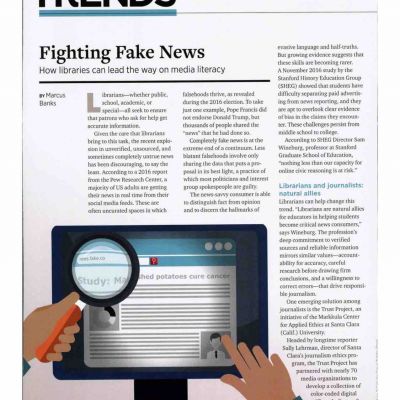Loading...
Request your invite
We are currently in beta and we are inviting new users in small groups as we roll out new features. Please leave your name and email and we'll get you on board next!
Watch video
George has been sifting through search results for a while...








There are no comments in this webreel. Be the first to comment.